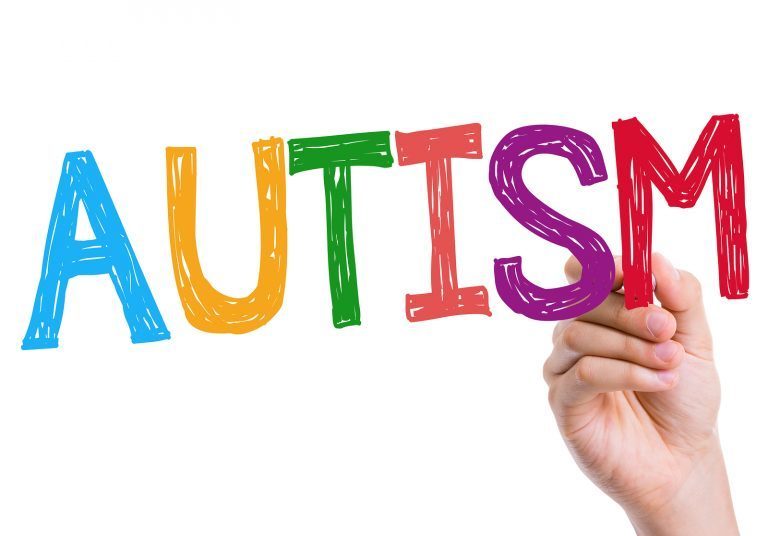
During my son Kyle’s two-year checkup, his pediatrician voiced concerns around his development and recommended early childhood intervention. Until then, I hadn’t paid much attention to his milestones. I thought that children develop at their own pace. The worrying behaviour was lack of speech and repetitive behaviour. As he developed, difficulties associated with the lack of speech and sensory overload became magnified. During his second therapy appointment, the therapist recommended I visit a clinical psychologist. I did! After several hours of testing, the psychologist delivered the news. She called it PDD-NOS now known as Autism Spectrum Disorder (ASD). Kyle was 29 months old then. After a few days, I started reading, filling out forms and questionnaires while doing tests upon tests. I went to every therapist for neurological visits and tests recommended by his pediatrician. It also helped that the medic advised me to remove the label ‘autistic’ and just focus on teaching my son how to cope with society. I went home a happy mum, because, that, I felt was something I could do perfectly well as Kyle’s mum. I am grateful I accepted his diagnosis then because early detection and intervention changed his life!